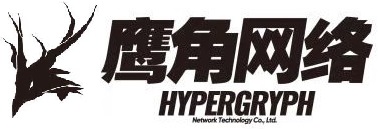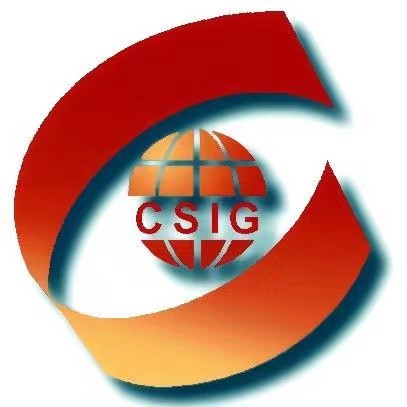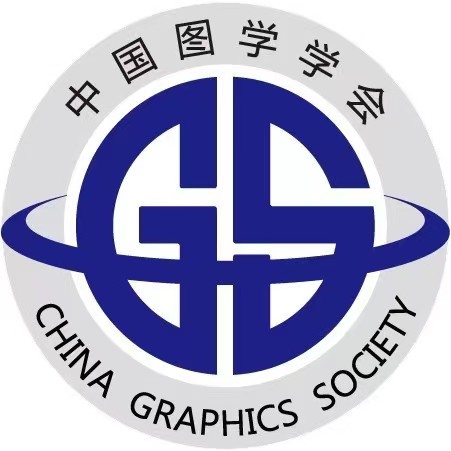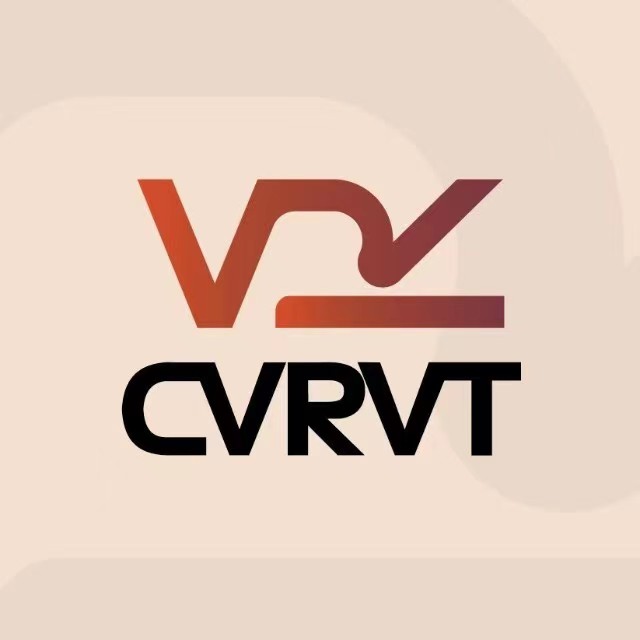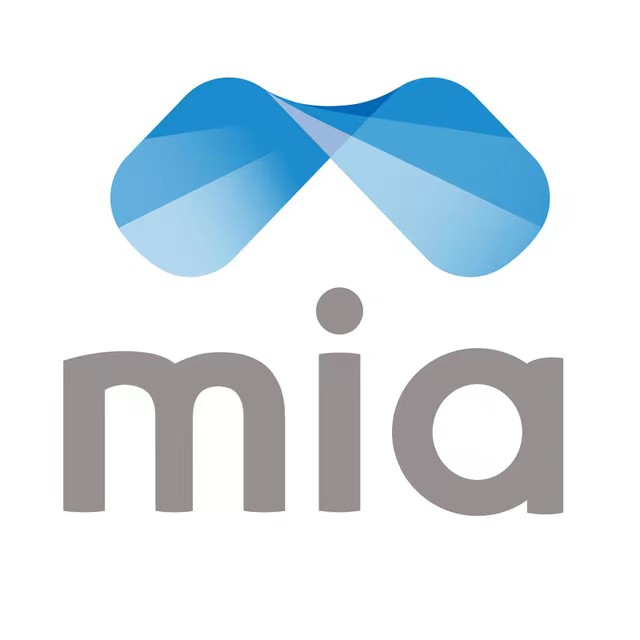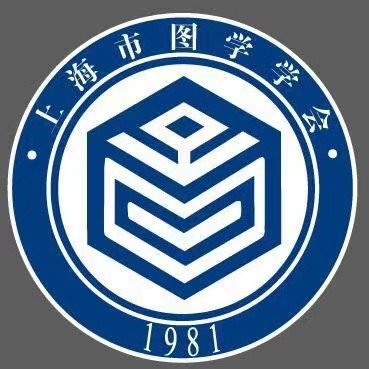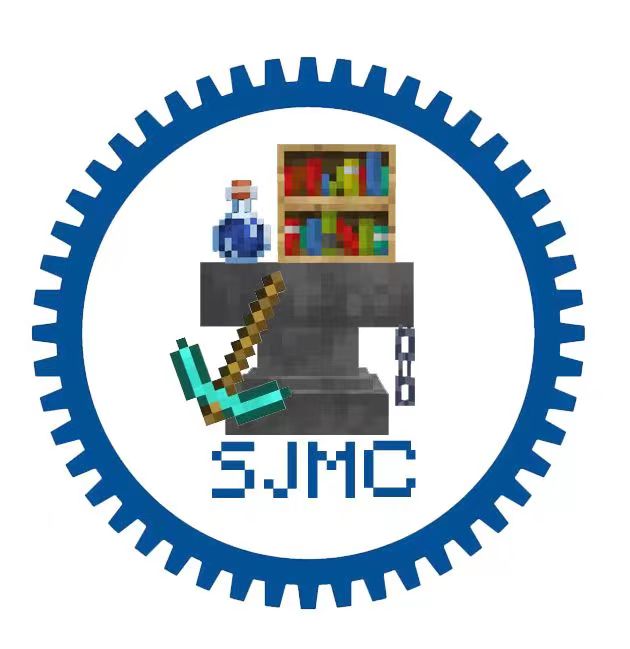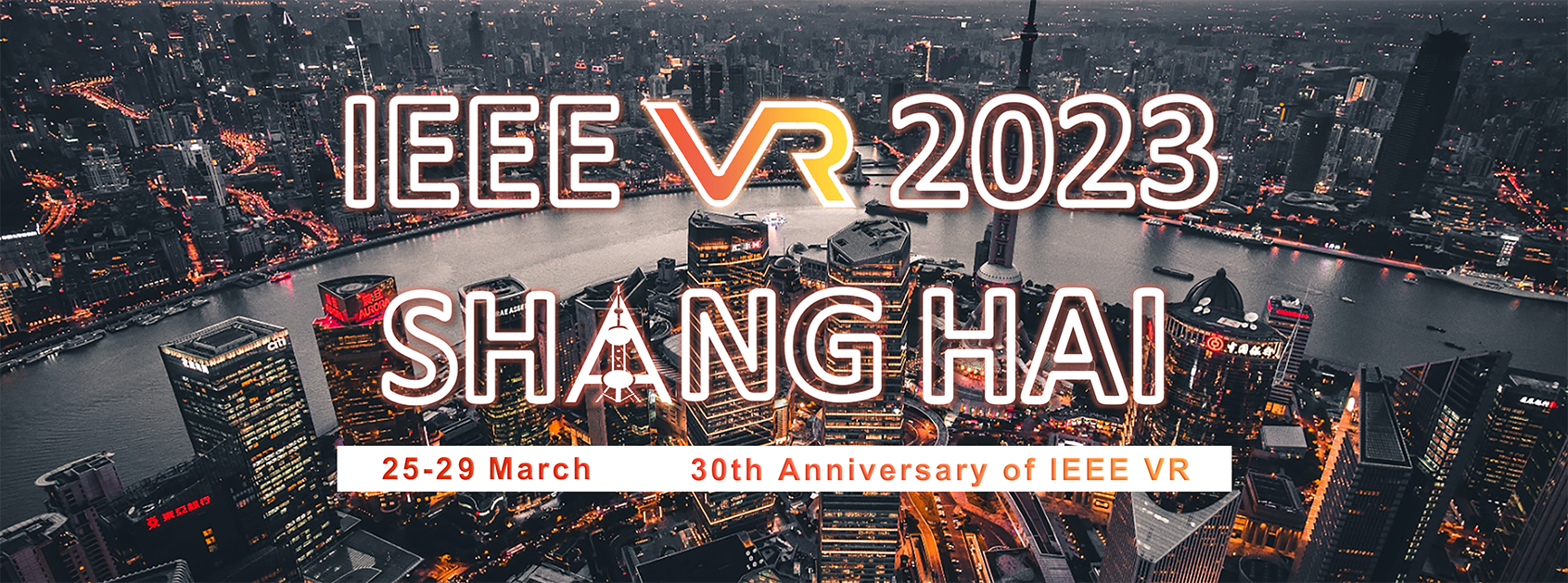
Call for Papers
IEEE VR 2023: the 30th IEEE Conference on Virtual Reality and 3D User Interfaces
25-29 March, 2023,
Shanghai, China
http://ieeevr.org/2023/
Overview
IEEE VR 2023 seeks original, high-quality papers in all areas related to virtual reality (VR), including augmented reality (AR), mixed reality (MR), and 3D user interfaces (3DUIs). This year there will be a single submission deadline for a unified review process for both the IEEE TVCG and the conference only papers. The possible outcomes of this unified process are:
- Accept as IEEE TVCG paper, with presentation at IEEE VR 2023
- Major revision to IEEE TVCG
- Accept as IEEE VR 2023 conference paper
- Accept as IEEE VR 2023 poster
- Reject
For inquiries, contact: program2023 [at] ieeevr.org
!!Attention!! All paper submissions should be in IEEE VGTC conference format.
!!Attention!! The Review process is different from past years.
Important Dates
Each deadline is 23:59:59 AoE (Anywhere on Earth) == GMT/UTC-12:00 on the stated day, no matter where the submitter is located. The submission deadlines will be strictly enforced. Requests for extensions will not be honored.
- October 7, 2022: Abstracts due (REQUIRED)
- October 14, 2022: Submissions due
- December 16, 2022: Notification of first review cycle results
- January 13, 2023: Revised submissions due for TVCG accepted papers
- January 20, 2023: Revised submissions due for conference accepted papers
January 27, 2023, January 30, 2023: Final notifications- February 3, 2023: Camera-ready material due
Submission Guidelines
Paper abstracts and complete papers must be submitted electronically through PCS:
https://new.precisionconference.com/~vr
Each research paper should provide a validated contribution covering one or more of the following categories: methodological, technical, applications, and systems.
- Methodological papers should describe advances in theories and methods of AR/VR/MR and 3DUI, such as ethical issues, theories on presence, or human factors.
- Technical papers should describe advancements in algorithms or devices critical to AR/VR/MR and 3DUI development such as input, display, user interaction, or tracking.
- Application papers provide an important insight to the community by explaining how the authors built upon existing ideas and applied them to solve an interesting problem in a novel way. Each paper should include an evaluation of the success of the use of AR/VR/MR and/or 3DUI in the given application domain.
- System papers should indicate how the developers integrated techniques and technologies to produce an effective system, and convey any lessons learned in the process.
Each paper should include an evaluation of its contributions, such as user studies, benchmarking and/or comparison with existing systems/techniques/methods. When in-person user studies are not possible, we encourage authors to think about other ways to validate their contribution, such as qualitative studies with fewer users, expert reviews, online studies.
We welcome paper submissions between 4 and 9 pages, not including references. Paper length should be commensurate with the importance of the contribution. Authors are encouraged to submit videos to aid the program committee in reviewing their submissions.
Both abstracts and complete papers must be submitted electronically through PCS:
https://new.precisionconference.com/~vr
All paper submissions must be formatted using the IEEE VGTC conference format described at https://tc.computer.org/vgtc/publications/conference/. Accepted papers and posters will have to be formatted by the authors according to the relevant camera-ready guidelines.
All submissions describing research experiments with human participants must follow the appropriate ethical guidelines required by your institution, and authors are required to secure and report their approval by the relevant ethics committee. An approval by any ethical review board, if required by your affiliation, needs to be indicated via the submission system.
Review process
The review process will have two cycles.
First review cycle
All submissions will receive at least three reviews. Based on the level of contribution, reviewers will make an initial recommendation for one of the following outcomes for each submission:
Conditionally accept as IEEE TVCG paper. Continuing our cooperation with the IEEE Transactions on Visualization and Computer Graphics (TVCG), paper submissions with substantial contribution will automatically be considered for publication in a special issue of IEEE TVCG.
Conditionally accept as conference paper. The remaining accepted papers will appear in the Proceedings of IEEE VR and be archived in the IEEE Xplore Digital Library.
Recommend for major revision to IEEE TVCG. Submissions that make a substantial contribution but that require revisions that are beyond what can be achieved within the conference reviewing process will be recommended for major revision to IEEE TVCG. Reviewer continuity will be attempted but not guaranteed. Note that as per IEEE TVCG rules a single major revision is possible.
Recommend as a 2-page poster. If reviewers feel papers are not acceptable for the journal or conference tracks, reviewers may also recommend the papers for the poster proceedings. Posters are up to 2 pages including references. Traditionally, IEEE VR does not consider posters to be formal publications. Work accepted as a poster may be eligible for future publication in other venues. Posters will be included in the IEEE VR Abstracts and Workshops proceedings and will be archived in the IEEE Digital Library.
Reject.
Second review cycle
Primary reviewers will review the revised papers and will make a final recommendation for acceptance. Should the conditions for acceptance not be met, the paper will be rejected.
Presentation at the Conference. All accepted submissions must be presented orally during the conference either in person or remotely. There is also the possibility for authors of relevant previously published TVCG papers (accepted within the last year) to present their work at IEEE VR 2023. Interested authors should contact the editor in chief of IEEE TVCG for more details.
Review Duties for Authors. The increasing number of submissions for IEEE VR makes us all dependent on a large number of good reviewers who are willing to provide feedback and engage with authors on their work. To expand the reviewing pool and to promote quality reviews, one author will be required to register to review up to three papers through PCS at the time of submission. Additionally, senior authors are encouraged to ask experienced junior authors to register in PCS to review papers, and then to mentor the junior authors during the review process.
Abstract Submission. Note that a paper abstract must be uploaded seven days prior to the actual paper submission deadline. This facilitates the process of assigning reviewers, as the review process operates on a very tight schedule.
Topics
IEEE VR 2023 seeks contributions in VR/AR/MR and 3DUI including, but not limited to, the following topics:
- 3D and volumetric display and projection technology
- 3D authoring
- 3D user interaction
- 3DUI metaphors
- Accessibility of immersive interfaces
- Audio interfaces and rendering
- Collaborative interactions
- Computer graphics techniques
- Crowd simulation
- Diversity and gender issues
- Embodied agents, virtual humans and (self-)avatars
- Ethical issues
- Evaluation methods
- Haptic interfaces and rendering
- Human factors and ergonomics
- Immersive / 360° video
- Immersive analytics and visualization
- Immersive games
- Input devices
- Locomotion and navigation
- Mediated and diminished reality
- Mobile, desktop or hybrid 3DUIs
- Modeling and simulation
- Multi-user and distributed systems
- Multimodal capturing and reconstruction
- Multimodal/cross-modal interaction and perception
- Multisensory interfaces and rendering
- Perception and cognition
- Presence, body ownership, and agency
- Scene description and management issues
- Software architectures, toolkits, and engineering
- Teleoperation and telepresence
- Therapy and rehabilitation
- Touch, tangible and gesture interfaces
- Tracking and sensing
- User experience and usability
- Cultural heritage applications
- Industrial applications
- Healthcare applications
- Education applications
Additional Submission Guidelines
All paper submissions must be in English.
Submitted manuscripts must not have been previously published. A manuscript is considered to have been previously published if it has appeared in a peer-reviewed journal, magazine, book, or meeting proceedings that is reliably and permanently available afterward in print or electronic form to non-attendees, regardless of the language of that publication. A manuscript identical or substantially similar in content (in its entirety or in part) to one submitted to VR should not be simultaneously under consideration for another conference or journal during any part of the VR review process, from the submission deadline until notifications of decisions are emailed to authors.
In some situations, a submission may build upon prior work. In order to fully explain the relationship between the submitted paper and prior work, authors may upload additional papers as well as a non-anonymous letter of explanation that highlights the significant changes or advances; these materials will only be seen by the primary reviewer. Specifically, this treatment is applied to the following cases:
- non peer-reviewed works that are publicly available (on arXiv, as a technical report, etc.)
- non-archival publications presented in past IEEE VR conferences (posters, demos, etc.)
Submissions will be checked for plagiarism using IEEE Crosscheck. Detection of significant plagiarism will lead to rejection. For more information about definitions of plagiarism and IEEE policies in this area, please see the Introduction to the Guidelines for Handling Plagiarism Complaints and the IEEE Publication Services and Products Board Operations Manual.
IEEE VR uses a DOUBLE-BLIND review process. This means that both the authors and the reviewers should remain anonymous to each other. Submissions (including citations and optional videos) should not contain information that identifies the authors, their institutions, funding sources, or their places of work. Relevant previous work by the authors should be cited in the third person to preserve anonymity(exceptions were described above). Authors should work diligently to ensure that their submissions do not expose their identities either through carelessness or intentionality. Authors that have questions/issues around the double-blind submission policy should contact the program chairs.
Pre-dissemination through public online repositories. Uploading the submitted manuscript to an online repository (e.g., arXiv) before the end of the review process does not constitute a reason for rejecting the manuscript. However, the authors should be advised that doing so can compromise the anonymity of their manuscript and therefore bias its double-blind review.
Videos. Videos must be submitted according to the instructions on the submission website. Videos submitted with papers will automatically be considered for possible inclusion in the video proceedings (video submissions may also be made independently, as described in the separate Call for Videos). When submitted as supporting material, videos must be free of any identifying information prior to reviewing as per the double-blind submission policy. If accepted for the video proceedings, a revised version of the materials will be requested.
Contacts
Technical Papers Chairs:
- Bobby Bodenheimer, Vanderbilt University, USA
- Voicu Popescu, Purdue University, USA
- John Quarles, The University of Texas at San Antonio, USA
- Lili Wang, Beihang University, China

















